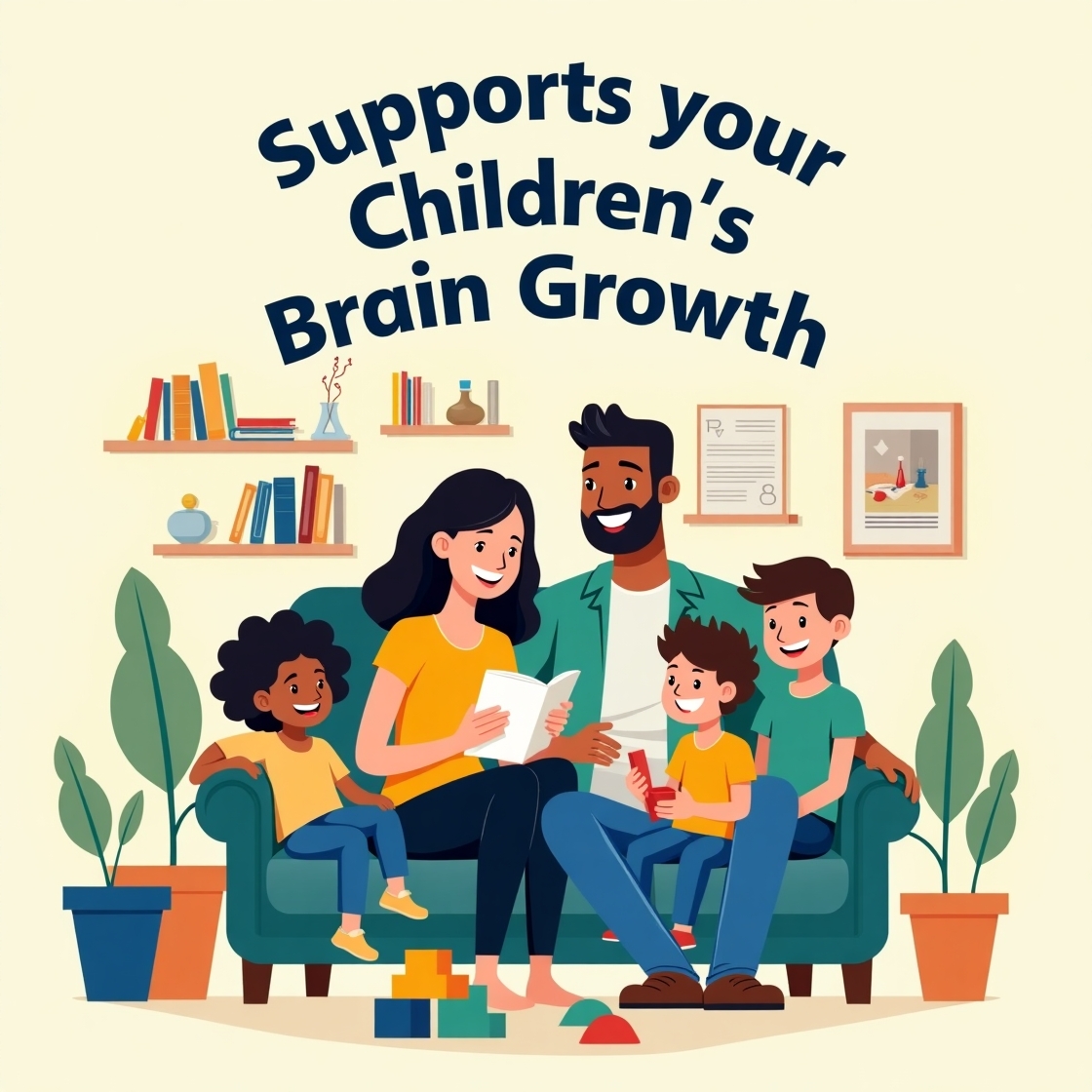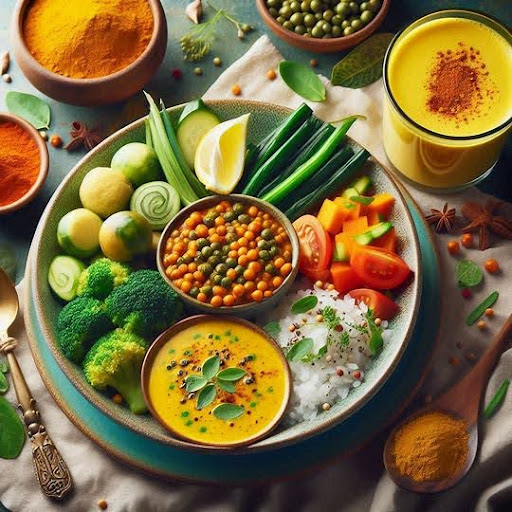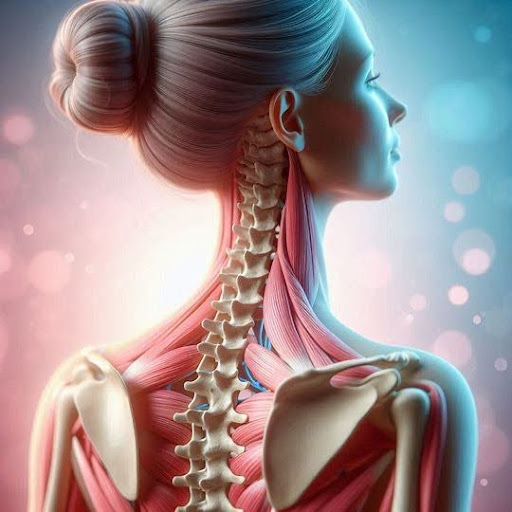Support your Children’s Brain Growth | Tips for Parents

Support your Children’s Brain Growth | Tips for Parents
Stimulating a youngster’s or student’s brain involves a multi-dimensional approach that supports cognitive, emotional, physical, and nutritional health.
Children’s brains have a massive growth spurt when they are very young. By the time they are 6, their brains are already about 90-95% of adult size. The early years are a critical time for brain development, but the brain still needs a lot of remodelling before it can function as an adult brain. This brain remodelling happens intensively during adolescence, continuing until your child is in their mid-20s. Brain-change depends on age, experience and hormonal changes in puberty. The brain is the command centre of your child’s body, controlling everything from emotions and learning, to memory and concentration. Proper nutrition is essential to keep this organ in peak condition, particularly when your children face academic pressures. By including foods that specifically nourish the brain, you can enhance their focus, memory, and problem-solving abilities, giving them the tools they need to excel in school.
Nutrition | Fuel the Brain
Healthy Fats: Omega-3s from walnuts, flaxseeds, chia seeds, ghee, and fatty fish (if non-vegetarian)
Complex Carbs: Whole grains like millets, oats, and red rice stabilize energy and attention
Iron & B-Vitamins: Found in greens, beets, dates, and lentils; critical for oxygen supply to the brain
Hydration: Dehydration reduces focus. Use water, coconut water, or herbal infusions (e.g., tulsi, brahmi)
Avoid: Excess sugar, processed snacks, and artificial food coloring (linked to hyperactivity)
Movement & Exercise | Spark Neuroplasticity
Daily Play: Running, cycling, dancing, or any free-form movement supports memory and learning
Yoga for Kids: Poses like Balasana (child’s pose), Bhujangasana (cobra), and Surya Namaskar promote calm and focus
Brain Gym Exercises: Simple cross-body movements that integrate the left and right hemispheres
Dance: Good for balance, coordination between the brain lobes, for rhythm, and to release the ‘happy’ hormones
Cognitive Stimulation
Reading: Encourages imagination and language development
Creative play: LEGO, clay modeling, storytelling, painting
Puzzles & Memory Games: Improve logic, concentration, and working memory
Music Learning: Instrumental training builds pattern recognition and neural connections
Ayurvedic Brain Herbs, to be used strictly under guidance
Ask your Ayurveda doctor for herbs that can be added in small doses via herbal teas, ghee, or chyawanprash-like formulas, to
Improve memory, attention, and anxiety (like, Brahmi)
Support intellectual functions (like, Shankhpushpi)
Relieve stress and improve sleep (like, Ashwagandha)
For immunity and brain clarity (like, Guduchi/Giloy)
Routine & Sleep
Fixed sleep-wake cycles: The brain detoxes during sleep; 9–11 hours of sleep needed
Morning routine: Warm oil massage (Abhyanga), sunlight exposure (for Vitamin D)
No screen time at least 1 hour before bed, to avoid overstimulation
Emotional Support & Environment
Safe, encouraging space: Children thrive cognitively when emotionally supported
Allow boredom: It encourages creativity and independent problem-solving
Limit pressure: Focus on effort, not just outcome
Summary ‘Daily Brain Recipe’
Meal: Millet + ghee + greens + nuts + herbal drink
Mind: Reading + puzzles + 5 mins meditation
Body: 30 minutes movement or yoga
Emotion: Calm, screen-free bedtime + praise effort
Parents can build this into their child’s day like a fun formula:
20 minutes of reading (fiction or nonfiction)
15 minutes memory games or puzzles (Sudoku, memory cards, Rubik’s cube)
10 minutes journaling or drawing thoughts
5 minutes ‘quiet time’ or gratitude reflection
Use positive reinforcement, not pressure
Provide structured freedom, i.e., routine & creative play
Encourage curiosity and do not over-schedule
Reduce processed foods, artificial colors, and sugar
Article by Dr Pankaj Chansarkar




